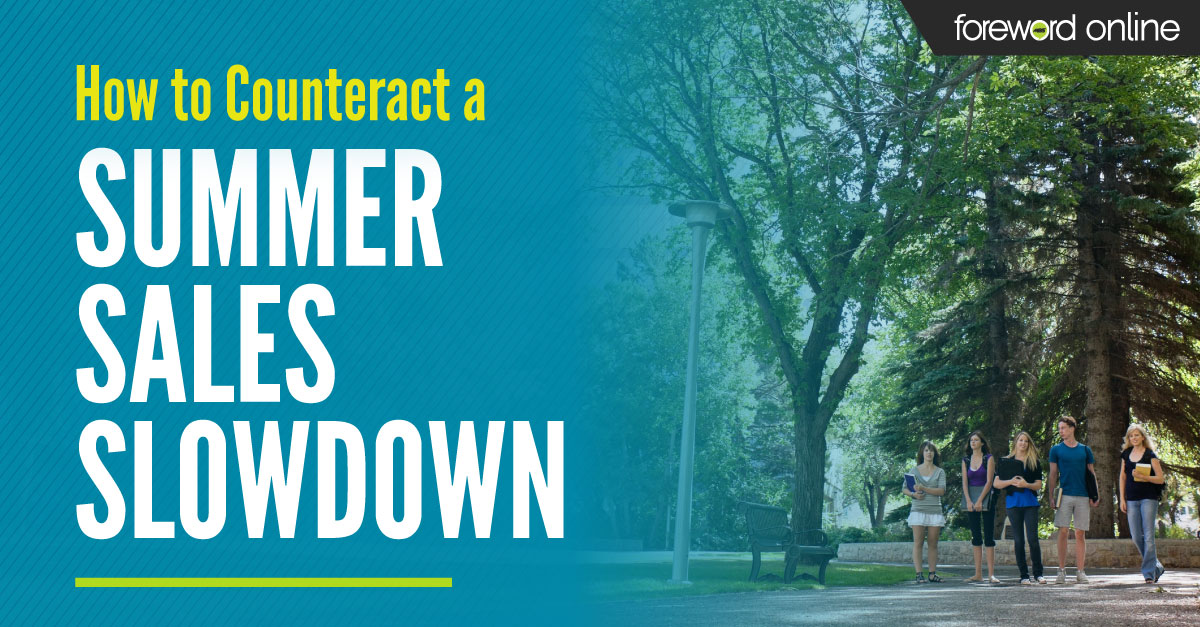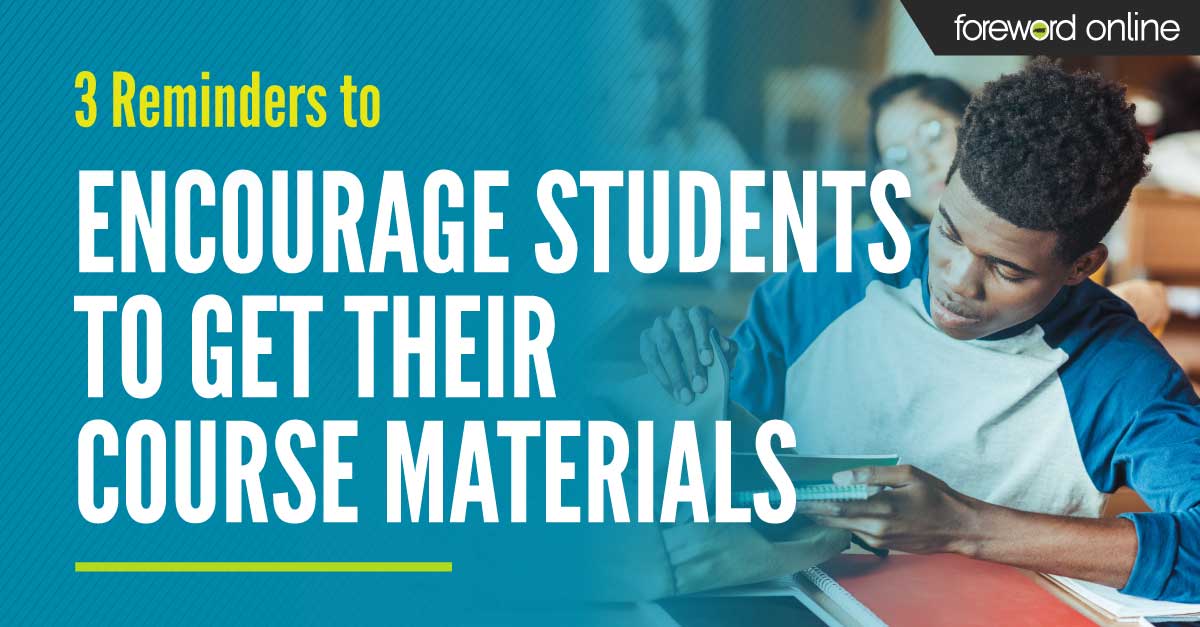Amazon is one of the biggest retail innovators of the last two decades, arguably the 21st century. They seemingly dive into markets overnight and change the way things are done along with the public’s expectations. We watched with amazement when Amazon acquired Whole Foods, wondering what, if anything, would change. Now, the famously expensive grocery chain has seen price cuts and Prime members will get perks in the store — a clear sign Amazon is leaving its mark. What wisdom can small stores extrapolate from Amazon’s business practices to carry their college store into the future?
 Plan for the future
Plan for the future
The first lesson Amazon teaches us is that if you just focus on everything that changes, you can’t plan for the future.
It isn’t reasonable to expect to anticipate every new technology or methodology that will come in the next 10 or 20 years. So how do you keep your store up-to-date without wasting time by chasing the newest trends? According to Amazon CEO Jeff Bezos,
“I very frequently get the question: ‘What’s going to change in the next 10 years?’ And that is a very interesting question; it’s a very common one. I almost never get the question: ‘What’s not going to change in the next 10 years?’ And I submit to you that that second question is actually the more important of the two — because you can build a business strategy around the things that are stable in time.”
Students are still going to need course materials, they are still going to want school branded merchandise and they will still want friendly, fast service. Identifying these anchoring factors can help you determine where to make practical changes that strengthen your store and help you deliver a better experience for shoppers.
Less is more in marketing
The second lesson that can be learned from Amazon is to keep your message simple. Amazon excels at keeping their messaging direct and to the point. Whether selling their products or events, they often choose a single differentiating factor to put the spotlight on.
Prime membership offers many features, but Amazon focused on the one that would sell their idea best: unlimited two-day shipping. Thanks to concise marketing and offering a service people wanted, the idea took off faster than anyone could have predicted. The messaging was simple: sign up for Prime and for one flat fee you can receive free two-day shipping. That’s it. They anticipated the program would take two years to really catch on — it only took months.
Building on that success, they created Amazon Prime Day. Since its inception just a couple years ago, Prime Day has become a huge online shopping event that rivals Black Friday and Cyber Monday. However, the message is still simple: get exclusive, great deals. For a set period of time, Amazon offers special deals that will come and go over the next 30 hours. That means customers stay engaged, keep coming back and they have to be Prime members to take advantage of the sales.
“In the old world, you devoted 30% of your time to building a great service and 70% of your time to shouting about it. In the new world, that inverts,” Bezos said.
How can you implement something similar? Do you have a rewards program in your store? Maybe set up a special sale for just your rewards members. Use the sale as part of a membership drive. Or, advertise a sale for people with a valid student ID. Your entire target audience will be included, but it still gives the sense of exclusivity. Stagger specials throughout the day and use your best marketing practices to build excitement for the event.
Take chances
The third lesson is to try new ideas even if you don’t know whether or not they will work. In the course of Amazon’s history, they have had plenty of failed ideas. Trying something new inevitably will lead to successes and failures, but the act of constantly pushing the envelope and testing your market helps you know what your customers want and expect from your store.
"Given a 10 percent chance of a 100-times payout, you should take that bet every time," Bezos said. "Failure and invention are inseparable twins. To invent you have to experiment, and if you know in advance that it's going to work, it's not an experiment."





